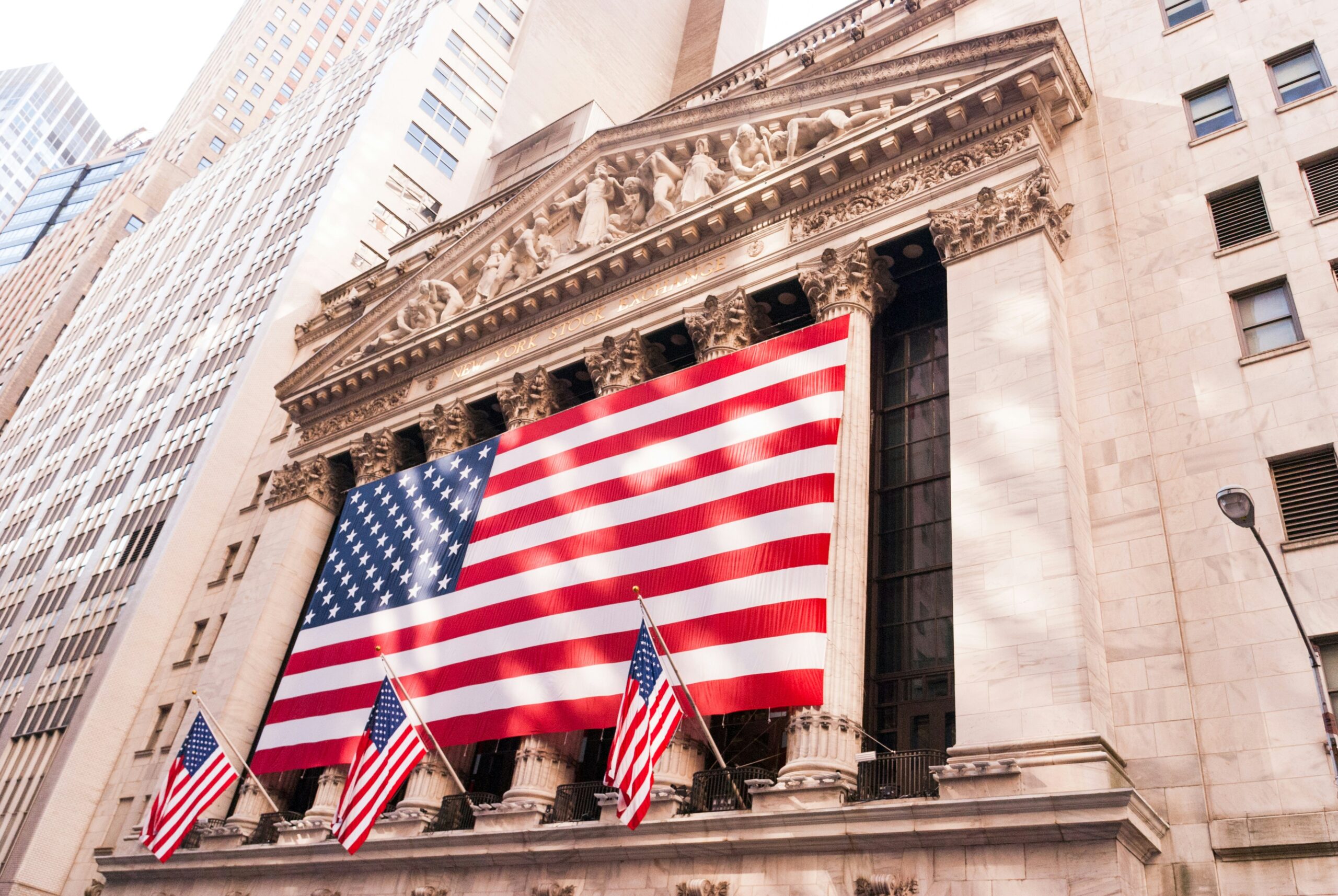As President Trump announces a new round of tariffs—25% on imported cars and car parts starting in April—analysts, union leaders, and market experts are weighing in. This morning on Chicago’s Morning Answer, Dan Proft and Amy Jacobson welcomed Scott Shellady, known as “The Cow Guy,” to share his perspective on what it all means for the economy, the markets, and working Americans.
Shellady, a Markets Specialist for Market Day Report and host of The Cow Guy Close on RFD-TV, offered a grounded take: while Trump’s tariffs might help autoworkers in the short term by bringing more jobs back to the U.S., that doesn’t mean the policy is pain-free or universally beneficial.
Shellady noted that American auto plants are currently operating at only 60% capacity, so there’s room to bring production home—but he cautioned that tariffs can ripple through the broader economy, especially for Americans with 401(k)s or investments sensitive to market swings. Still, he pushed back on some of the doom-and-gloom predictions, pointing out that tariffs affect only a fraction of the $30 trillion U.S. economy and that many foreign producers may absorb costs to maintain access to American markets.
Scott also emphasized the need for better messaging from Trump. While Trump has clearly articulated the unfairness of foreign trade practices, Shellady argued the administration needs to more forcefully communicate why these tariffs matter and how they’ve been used effectively in the past. “You can’t just say 25% and move on,” he said. “You have to explain how it helps rebalance trade and protect U.S. industries in the long term.”
The conversation also turned toward inflation, recession fears, and the overall market outlook. Shellady said inflation remains the more urgent concern, not tariffs, and suggested that a few more rough quarters might be necessary to turn the economy around. “We’ve had years of reckless spending and artificial stimulus,” he said. “There’s no way to fix that overnight without some pain.”
As for Trump’s role in this recovery? Shellady believes that if the former president can better manage expectations and clearly communicate the “why” behind his economic policies, it could build confidence—and stability—among investors and the public alike.
Photo by David Vives on Unsplash





